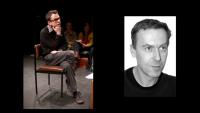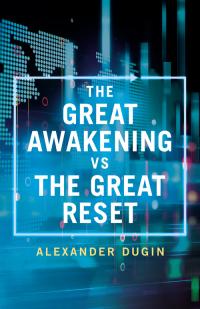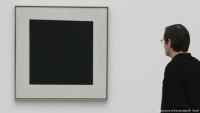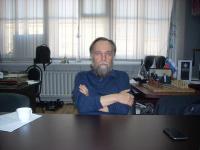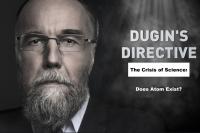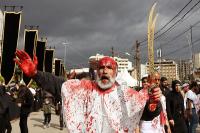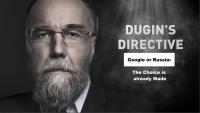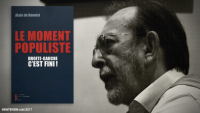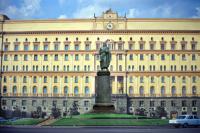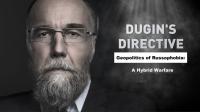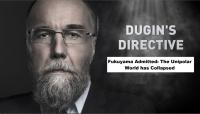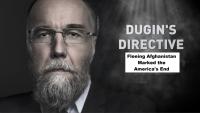Dugin gazes upon modernity with the cold eyes of a wolf
In Dugin’s analysis, liberalism tends to self-abolition in nihilism, and is able to counteract this fate — if only temporarily — by defining itself against a concrete enemy. Without the war against illiberalism, liberalism reverts to being nothing at all, a free-floating negation without purpose. Therefore, the impending war on Russia is a requirement of liberalism’s intrinsic cultural process. It is a flight from nihilism, which is to say: the history of nihilism propels it.

